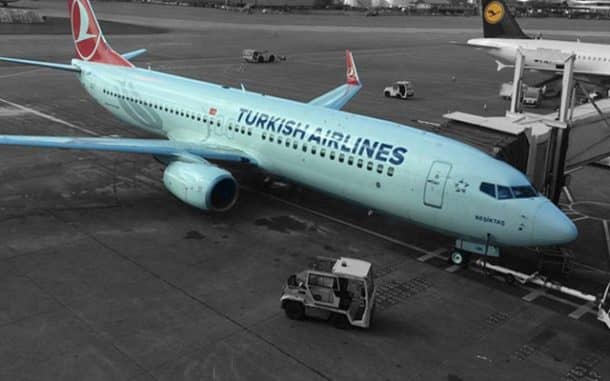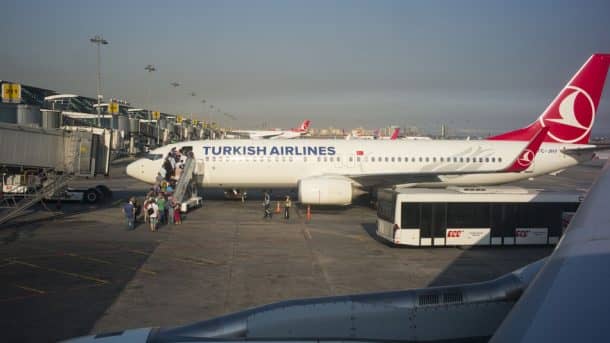A routine Turkish Airlines flight was on its way to Istanbul when it suddenly had to make an emergency landing in Sudan. The reason behind this emergency landing was the discovery of a WiFi network named “bomb on board”. A statement from the airline said, “Experts said the Wi-Fi network in question was created on board. No irregularities were seen after security procedures were carried out, and passengers were brought back on the plane once boarding restarted.”
No information has come forth from the airline or the aviation authorities regarding the passenger who was responsible for the network or that he has been identified. Security checks were carried out after the emergency landing and once given the all clear signal from the authorities, the passengers reboarded and taken to their destination.

It appears that somebody played a sick joke on the airline but it is not the first time it has happened. A similar bomb on board incident occurred in 2014 when passengers on a flight from Seattle to Denver discovered a mobile hotspot named “Southwest – Bomb on Board”. In 2016, an Australian airline delayed a flight from Melbourne to Perth for two hours when a Wifi network named “Mobile Detonation Device” was noticed by a passenger. Earlier this year, a flight from Cancun to London Gatwick was canceled when a hotspot named “Jihadist Cell London 1” was discovered.
Anyone can create a public hotspot with any name but people need to be more careful with the free public internet. Manchester-based Wifi installation and analytics company, Purple played a prank on its customers and included a 1,000-hour community service clause in the terms and conditions and more than 22,000 people signed up for the free WiFi without reading the conditions.



